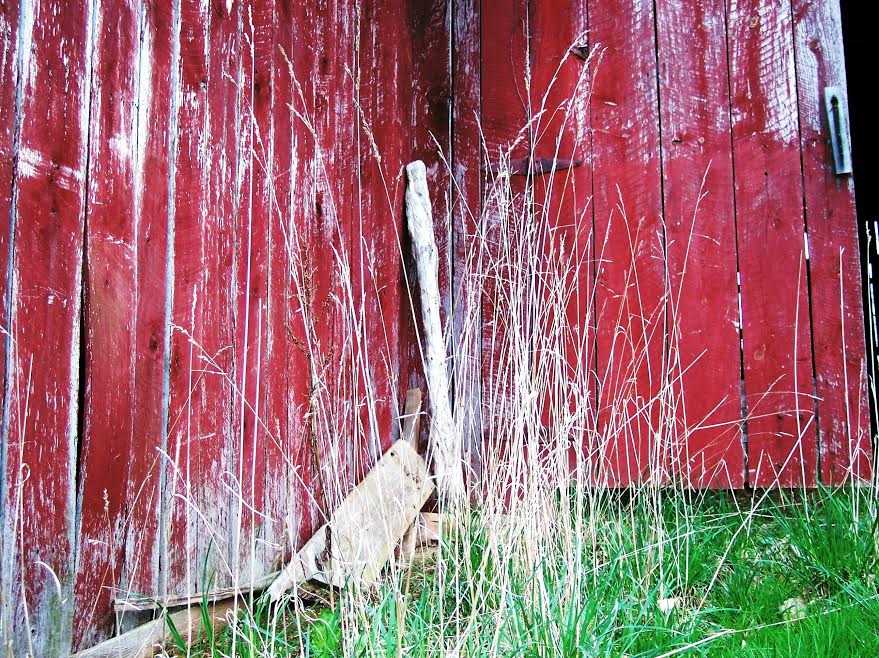It would hurt them if I showed them how each angel was plaited
from a dead girl and a living bird.
They would ask themselves, how can a man live with so little hope?
—Rodney Jones, “Ecology of Heaven”
Tonight he’s lying by a fireplace in Iowa, loaded with steroids
and a pill for the yeast that eats skin—Ketoconazole—
from a vet at an animal clinic in Dubuque. Tough, you bet,
with trophy scars commemorating the rigors of Miami.
He argues a gulp of air into a waxworks body like it’s his last day,
rapid-breathing against a backdrop of blue-orange flame.
I call the vet. I say, “It’s clear Jupiter isn’t tolerating this treatment.”
I hate how he has to carry the rot of 21st Century America,
meals of it, in his gut. The lenses of his eyes are iron. A field guide
to quiet suffering that says, What the fuck and Duh, we die.
A dog-smile shimmies up from that time before words and meaning,
before the history that links us became all about failings.
I’m off the phone, watching him. I put in a Jim Jarmusch movie.
Stranger Than Paradise. A black-and-white indie-film.
Wouldn’t you know it, the film is about two Hungarian immigrants
and a New York pal deciding to drive from Cleveland to Miami
because as usual, in winter, Ohio is an Armageddon of snow and ice.
The surface of Lake Erie is two-toned: white, brighter white.
When I was a boy in Ohio, I never dreamed the world was like this.
ever imagined I’d have a Golden Retriever from Florida
fighting to live where the light has come unstitched from breathing,
breathing from a body, that naming a dog after a god-in-charge
isn’t enough. Jarmusch’s characters lose everything but fifty bucks
at a dog track then win that back—more—at the horse races,
as if mythologies come down to not betting on the wrong dog.
This minute, I’m aware of what love is: The mutt breathing
by the fireplace has my heart. If this shadow-body lives to see morning,
it won’t be a miracle. Just luck. And covered in Appendix A
of The Field Guide to Suffering Animals. That other good fortune
we have when whoever dispenses miracles is fresh out.
Roy Bentley has received fellowships from the NEA, the Florida Division of Cultural Affairs, and the Ohio Arts Council. Poems have appeared in The Southern Review, Shenandoah, Pleiades, Blackbird, North American Review, Prairie Schooner and elsewhere. Books include Boy in a Boat (University of Alabama, 1986), Any One Man (Bottom Dog, 1992), The Trouble with a Short Horse in Montana (White Pine, 2006), and Starlight Taxi (Lynx House 2013). He has taught creative writing throughout the Midwest and south Florida. These days, he teaches at Georgian Court University and lives in Lakewood, New Jersey with his wife Gloria.
Read an interview with Roy here.


Pingback: Contributors, Winter 2015 | Rkvry Quarterly Literary Journal